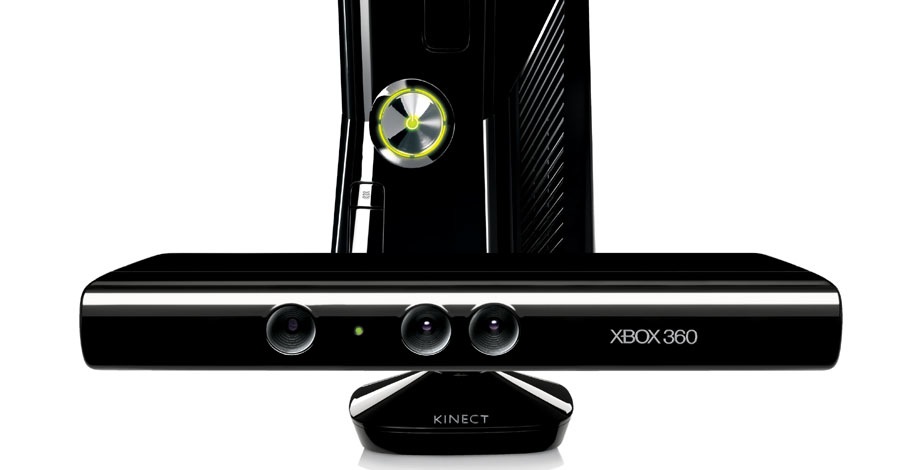With youth unemployment above 60 percent, South Africa is betting on digital skills to drive inclusive growth. Here is how MICT SETA is positioning the next generation for the Fourth Industrial Revolution.
Kinect gives Xbox 360 “irresistibly interactive’ ads

Microsoft announced it will bring interactive ads to Xbox360 consoles using the voice- and gesture-recognizing capabilities of Kinect controllers.
The US technology titan unveiled “NUads” technology that it heralded as the future of television advertising.
“I believe that the Kinect platform, and NUads, will unlock the incredible potential of interactive TV, and interactive TV advertising,” Microsoft advertising business group general manager Mark Kroese said in a blog post.
Microsoft has been beefing up film and television show content at its Xbox Live service that consoles connect with using the Internet.
Kinect controllers allow people to tell a console to post a video ad in a Twitter update or ask it for more information about a product.
Viewers can use waves of hands to share opinions in polls or send material to themselves by email.
“Simply put, NUads break down the barriers between consumers and content on the TV screen,” Kroese said.
“NUads make traditional linear content — like a 30-second TV spot — irresistibly interactive,” he continued.
Early in June, Microsoft added YouTube, voice commands, television shows and more to Xbox 360 with Kinect as the hot-selling videogame console matures into an entertainment center for all.
Microsoft ramped up voice capabilities in Kinect to allow Xbox users not only to give commands to in-game characters but also to speak Bing searches for games, movies, television shows, music and other entertainment content.
Microsoft has sold more than 10 million of the gesture-sensing Kinect accessories for the Xbox 360 worldwide since they hit the market in November.
Kinect uses a 3D camera and motion recognition software to let people play videogames on the Xbox 360 using natural body movements and voice commands instead of hand-held controllers.
Microsoft has expressed a vision of Kinect moving beyond the living room to medical centers, schools and other places where technology to track skeletal movement and recognize voices could be useful.
– AFP

